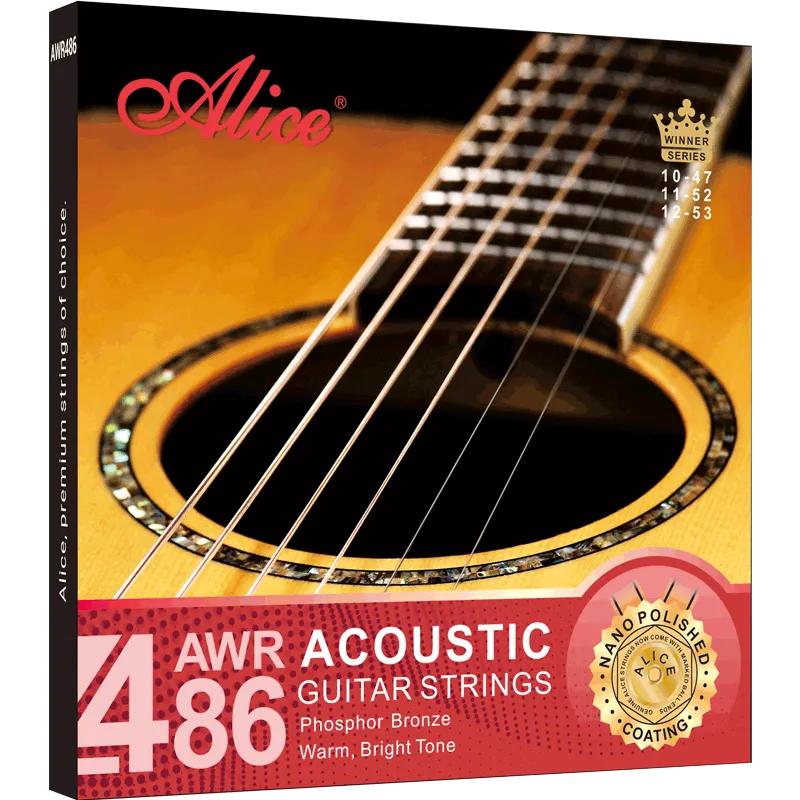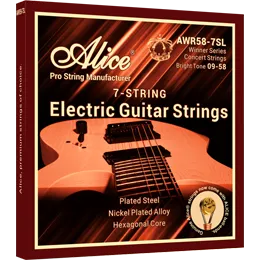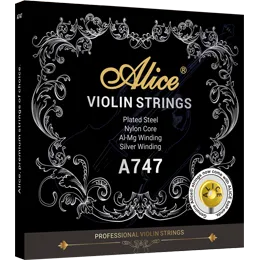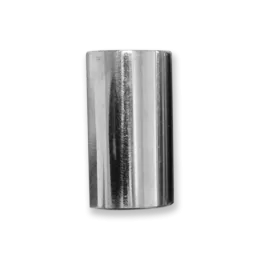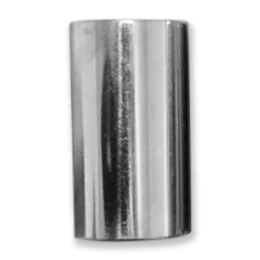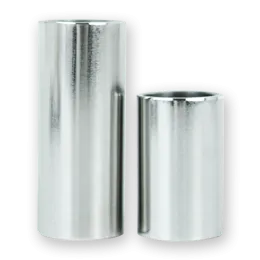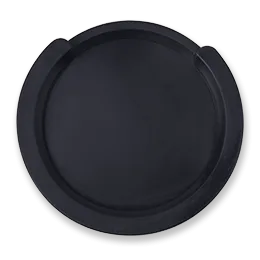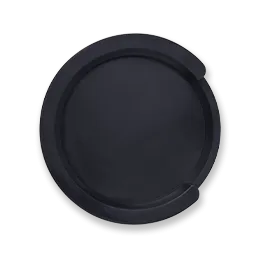Can I DIY Guitar Picks? And How-To?
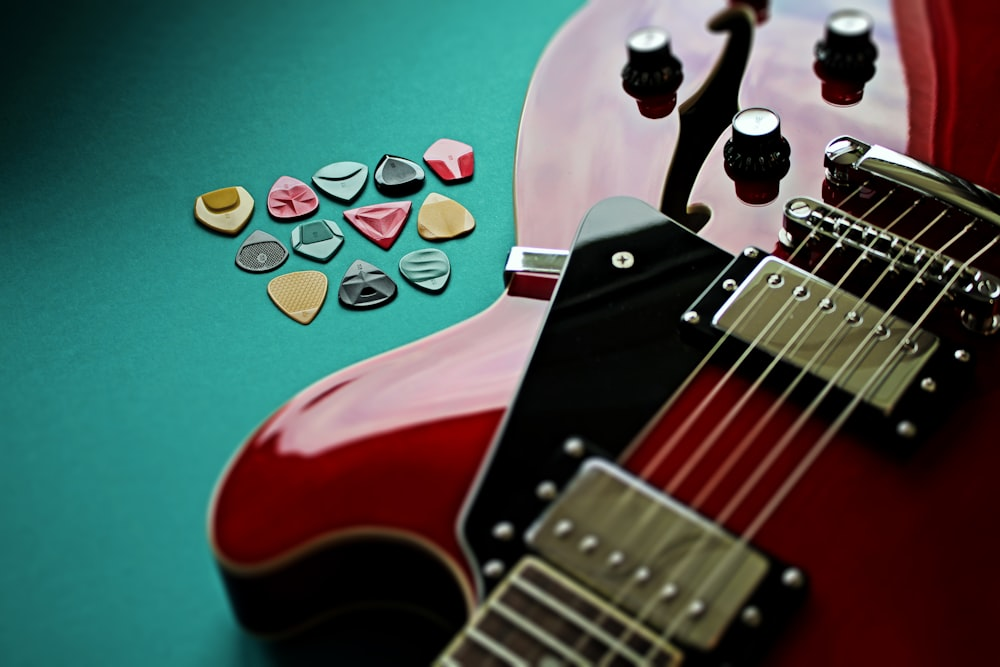
Just as a soldier can't fight a war without weapons, a guitarist can't create those memorable, magical tunes without the right gear. Guitar picks are essential tools for guitarists. They provide control, precision, and a unique tonal quality to their playing. What is a guitar pick called in the professional world? It is called a plectrum.
There are many types of guitar picks available on the market. However, many guitar enthusiasts wonder if they can craft their own picks. The answer is a resounding yes! A DIY guitar pick can be a fun and rewarding project, allowing players to tailor their plectrum to their specific preferences.
Materials for a DIY Guitar Pick
You can use a variety of materials to create a homemade guitar pick. But you will have to consider their pros and cons. Here are the pros and cons of the materials you can use to create a guitar pick.
Plastic:
Plastic is the most common material used as a guitar pick. PC (polycarbonate) and celluloid (a type of nitrocellulose) are the most popular plastic materials for professional guitar pick manufacturers. They offer a long lifespan and a warm, rich tone, with PC being impact-resistant and celluloid providing a traditional feel and warm sound.
It is super affordable and widely available, comes in varying thicknesses and textures, and can create a bright and consistent sound.
On the downside, a DIY guitar pick made of plastic will wear down quickly and is less environmentally friendly.
Wood:
If you need something warm and natural, you can go for wood. The various types of wood help you create slightly different sounds. Besides offering a warm, natural tone, wood has unique aesthetics and is biodegradable.
The downside is that wood picks are more prone to wear and breakage and can be harder to shape and polish.
Bone:
Bone picks produce a rich, warm tone and are extremely durable. They provide a solid, controlled feel and a bright, clear tone. Bone is also a traditional material with historical significance.
On the flip side, holding bone products may bring you creepy feelings. Also, if you don’t grind the edge carefully, the bone picks may damage your strings.
Metals:
Metal picks, such as those made from brass or stainless steel, create a bright, sharp sound with a strong attack. They are highly durable and can be thin but still rigid.
On the downside, metal picks can be harsh on strings, potentially damaging them and the finish of the guitar. Due to their rigidity, they are less forgiving for beginners, so they are not recommended for new players.
Carbon Fiber:
Known for their outstanding strength and lightweight properties, carbon fiber picks offer a balanced tone with good durability and minimal wear and tear.
However, they are more expensive and can be challenging to craft without specialized tools.
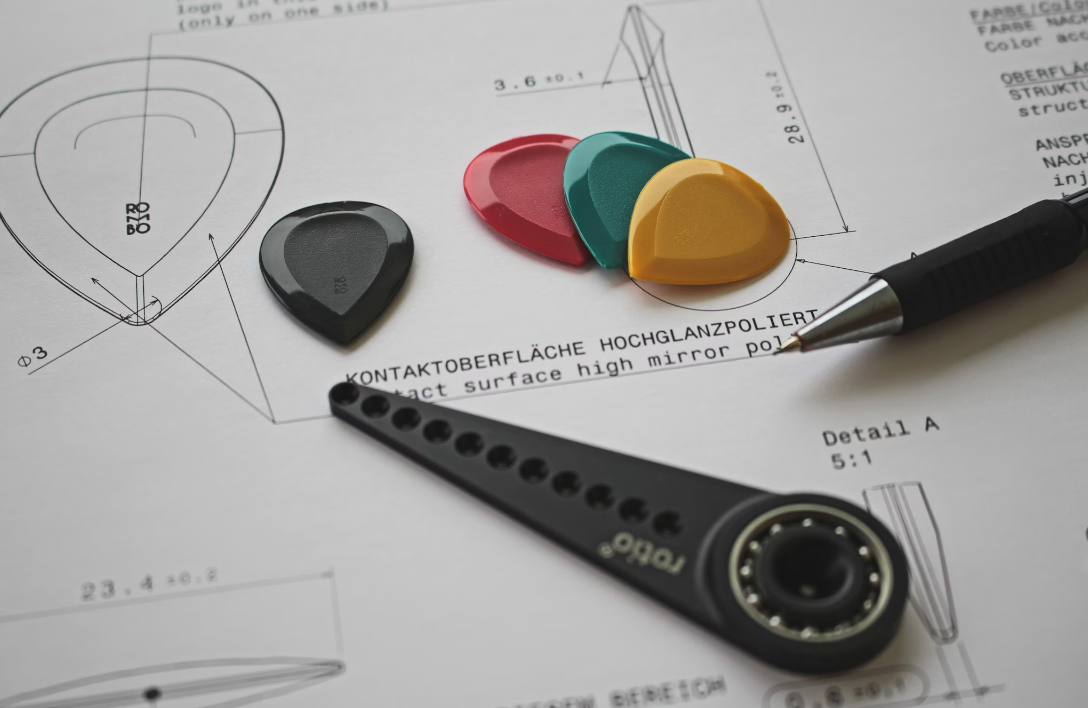
Steps to Create A DIY Guitar Pick
Here is a step-by-step mini guide to creating a perfect homemade plectrum:
Step#1: Prepare Tools
Gather essential tools such as scissors or a small saw, sandpaper of various grits, polishing cloth, and a template or an old pick to trace the shape.
Step #2: Cutting Out the Template
Use the template to trace the pick shape onto your material. Carefully cut along the outline, ensuring smooth, precise edges.
Step #3: Sanding the Edges
Smooth the edges of your DIY guitar pick using fine-grit sandpaper. This step is crucial for comfort and playability, preventing rough edges that could catch on strings.
Step #4: Polishing the Pick
Polish the pick to achieve a smooth finish. This can be done with a polishing cloth or fine steel wool, depending on the material. Polished picks glide more smoothly over strings, enhancing performance.
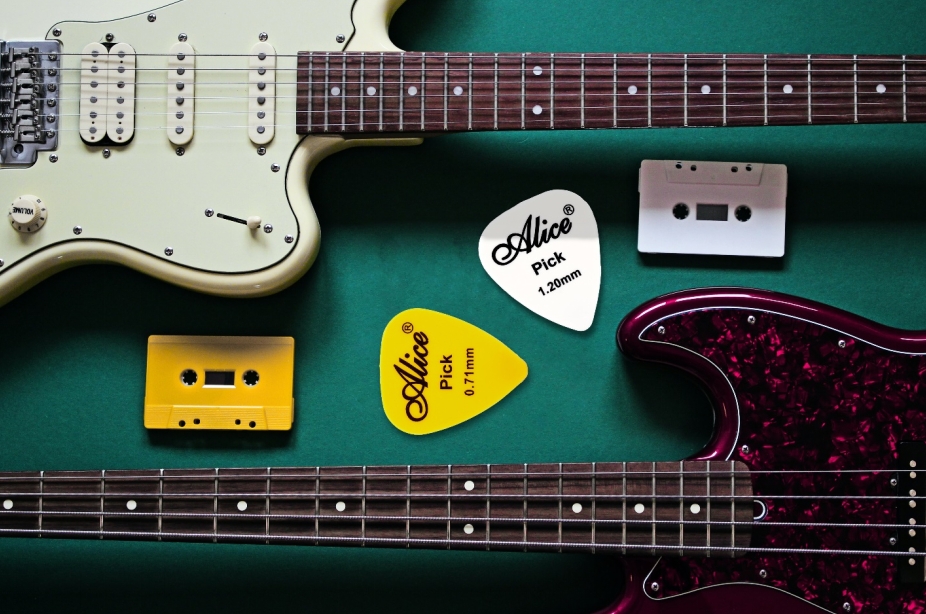
The Alice Guitar Pick: A Professional Alternative
While a DIY guitar pick can be a fun, rewarding experience, professionally created guitar picks like Alice Guitar Picks have their own magic.
Alice guitar picks provide reliable quality and outstanding performance so that you never fail to impress your audience. Our consistency, durability, and wide variety of options cater to all types and levels of guitarists and their playing styles.
Additionally, Alice provides solutions for guitar pick storage, ensuring your picks are always organized and easily accessible.
DIY Guitar Picks vs. Alice Guitar Picks:
Not sure which one is best for you? Decide yourself:
A DIY guitar pick allows for personalization and the satisfaction of creating your own tools. They can be customized in terms of shape, thickness, and material, tailored precisely to your needs. However, homemade plectrums may lack the refined finish and durability of professionally manufactured picks.
On the other hand, Alice guitar picks provide consistent quality, durability and reliability. They undergo rigorous quality control and are made from high-grade materials, ensuring a smooth playing experience. While they might not offer the personal touch of a homemade pick, their performance is always dependable.
Conclusion:
In short, while we encourage guitarists to explore the DIY route for the sheer joy of crafting and experimenting, it is important to recognize the value and reliability that professionally manufactured picks, such as those from Alice, bring to the table.
Balancing DIY creativity with the assurance of high-quality commercial picks can enhance a guitarist's overall experience. It will provide both the personal touch of handmade picks and the dependable quality of professional products.
Relate News


How to Choose the Right Guitar Strings for Your Guitar

Nylon Strings for Classical Guitars: Everything You Need to Know

5 Key Indicators to Identify High-Quality Acoustic Guitar Strings
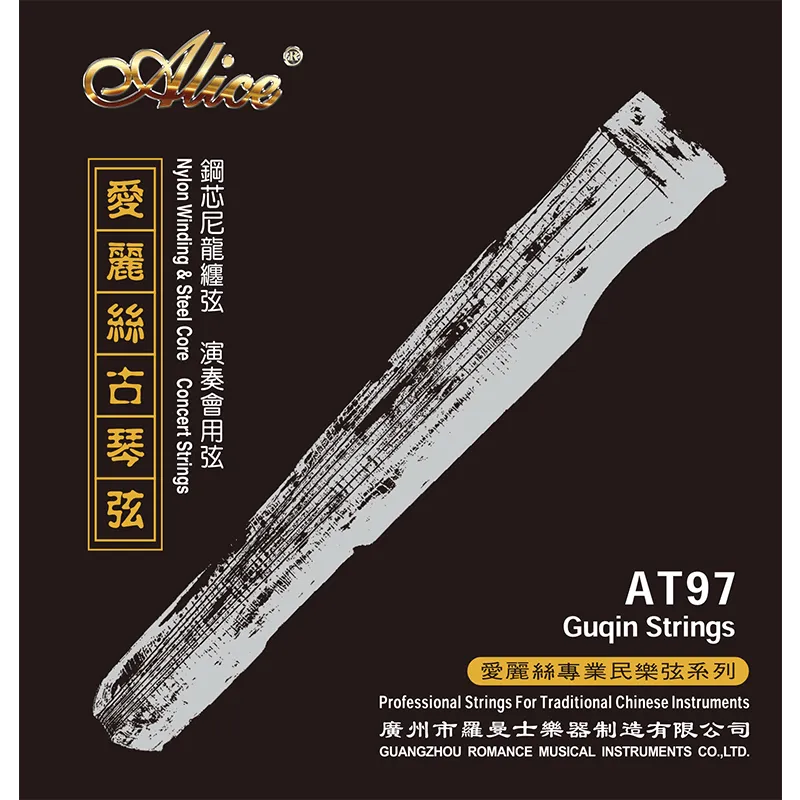
What Are Guqin Strings Made Of?

Silk Strings, Steel Strings, and Nylon Strings: Which Is Best for Your Traditional Music Performance?

Complete Guide to Guitar String Materials

Orchestral Strings Explained: A Beginner-Friendly Guide to Violin, Viola, Cello, and Double Bass

Tone Comparison of Brass Alloy, Phosphor Bronze, and Coated Guitar Strings

How to Choose the Right Guitar Strings for Your Performance: A Scenario-Based Buying Guide

OEM Guitar String Customization: A Detailed Guide to the Process
